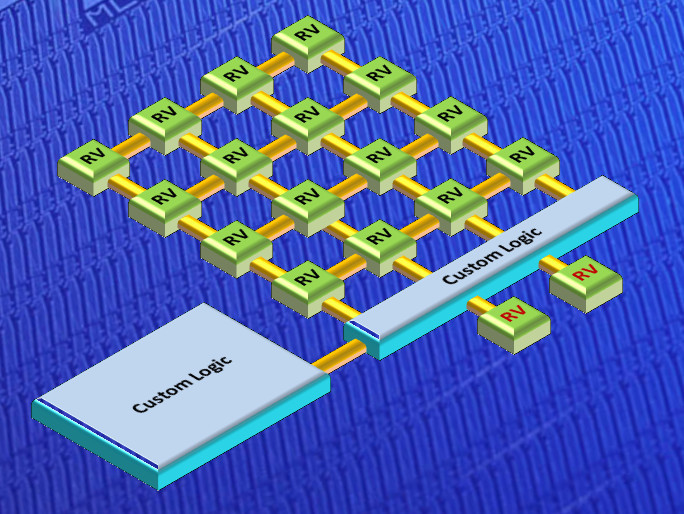Skyline System
The BDT Skyline architecture is a family of modular and interoperable architecture components used for constructing custom RISC-V processing cores in applications ranging from simple micro-controllers to provably secure system management processors. The modular architecture is the foundation for customization and provides the ability to develop generally-specialized processors through our hardware-software co-design workflow.

RISC-V DSP
BDT develops a family of RISC-V Digital Signal Processors (DSPs) based on our RISC-V DSP Instruction Set Architecture (ISA) extensions. Our extensible streaming RISC-V DSPs are based on the modular Skyline architecture. Extensions with native support for complex-valued and fixed-point operations are currently available, with more extensions in development. Customization and modular assembly of the generally-specialized DSP cores enables application-specific system-on-chip (SoC) integration for digital signal processing in edge computing devices.

